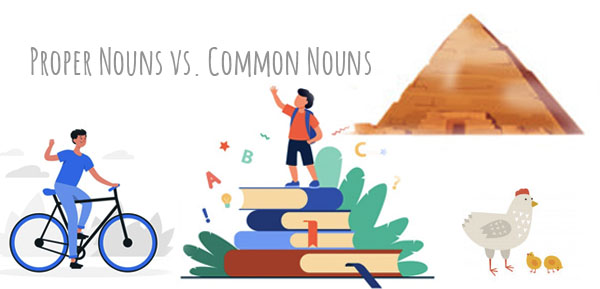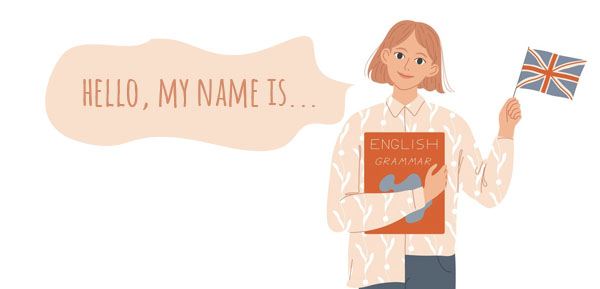Can you imagine language without nouns? Like every other language, English relies on nouns as a primary feature of sentences and it is almost impossible to communicate without them. They form a large portion of the vocabulary of a language and are indispensable, so what are the types of nouns in English ?
What is a Noun in English?
Before talking about types of nouns in English. Firts what is a noun? It is a part of grammar used to name a person, place, thing, quality, or action. Nouns may function in a sentence as subject, direct object, indirect object, complement, appositive, or object of a preposition. As such, they are very adaptable, but they are generally at the heart of any grammatical construction.
Types of Nouns Examples :
There are a variety of noun types. They can name a person:
- Beyoncé
- King Lear
- Stephen Hawking
- The Prime Minister of Hungary
- My father
- A boy
They can also name a specific place:
- Mount Kilimanjaro
- The Nile River
- My kitchen
- Main Street
- The classroom
Most commonly, nouns can also name things, even though those things might be intangible items, such as activities, processes, or concepts.
- Table
- Dress
- Kitten
- Gravity
- Capitalism
In some case, they may be used to name things which do not even exist since they are fictional, imaginary, or unproven.
- The Lord of the Rings
- Kryptonite
- Unicorns
Proper Nouns vs. Common Nouns
Nouns are commonly distinguished between whether they are a proper noun or a common noun. A proper noun refers to a specific name of a person, place, or thing. These are easily recognizable because they are always capitalized.

Examples:
- Will Tom be attending this semester?
- Next year I will plan to visit the Great Pyramid of Giza.
On the other hand, a common noun is more generic in its application because it refers to a group of items. Common nouns are not capitalized in the English language (unless, for example, they are used in a title or at the start of a sentence).
- The chicken crossed the road.
- The boy played with his new blue bicycle.
Types of Nouns
Common (or generic) nouns can be broken down into three categories: concrete nouns, abstract nouns, and collective nouns. We discuss each of these below with some examples.
1 – Concrete Noun
It is one that is real and physically existent, that is, it can be perceived by the senses.
Examples:
- I heard the windchime.
- This ice cream is tasty
2- Abstract Noun
Conversely, an abstract noun cannot be perceived by the senses and is more conceptual in nature.
- The firefighter demonstrated bravery when she rescued the girl.
- As the new year holiday approaches, we have hope that it will usher in better days.
3- Collective Noun
A collective noun refers to a group or collection of people or things (in the singular).
- That collection of artifacts is priceless.
- A pack of wild dogs appeared outside my window.
Nouns as Objects
Nouns can additionally serve in a sentence as objects of a verb. These can be either a direct object (a noun that receives the action performed by the subject) or an indirect object (a noun that is the recipient of a direct object)
Examples:
- Please serve some tea to her.
- I downloaded a new version of the app.
Nouns as subject and object complements
Sometimes nouns can serve as subject complement, following linking verbs like to be, become, or seem. In this example, the noun diplomat is used as a subject complement.
Examples:
- Steve is a diplomat.
- He assumed the presidency.
Plural vs Singular Nouns
Nouns can be singular or plural, and typically (although not always!) the plural is formed by adding -s or -es at the end of the noun.
| Singular | Plural |
|---|---|
| Tooth | Teeth |
| Foot | Feet |
| Mouse | Mice |
| Fish | Fish |
| Child | Children |
| Loaf | Loaves |
| Cactus | Cacti |
| Man | Men |
| Woman | Women |
| Wife | Wives |

